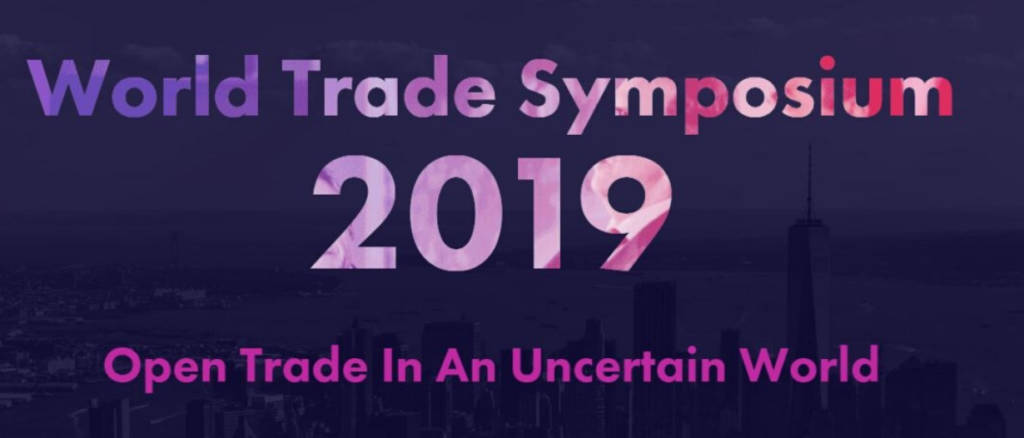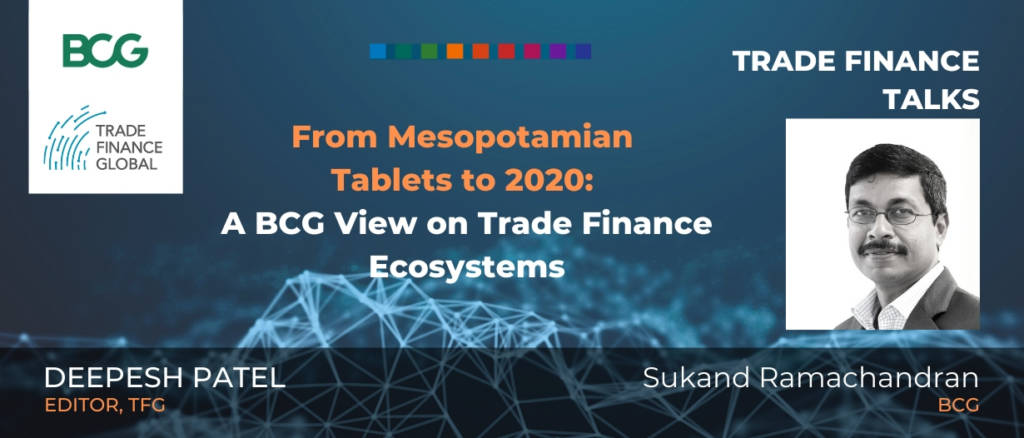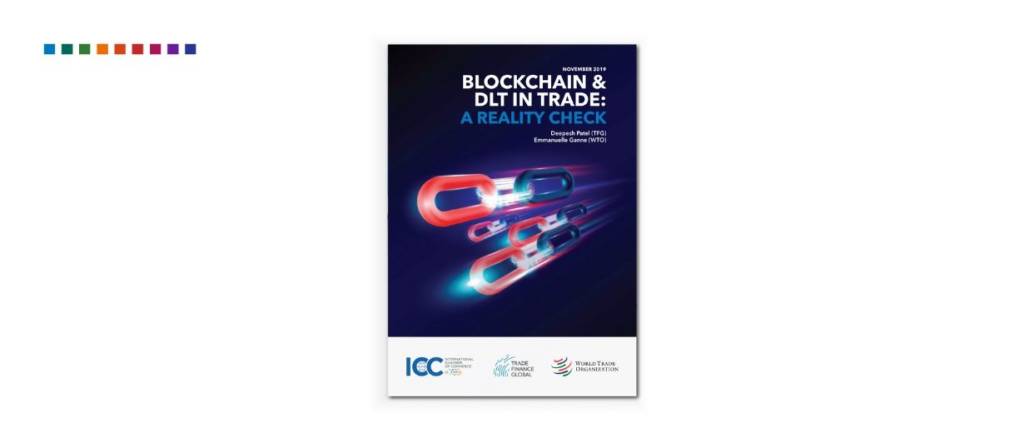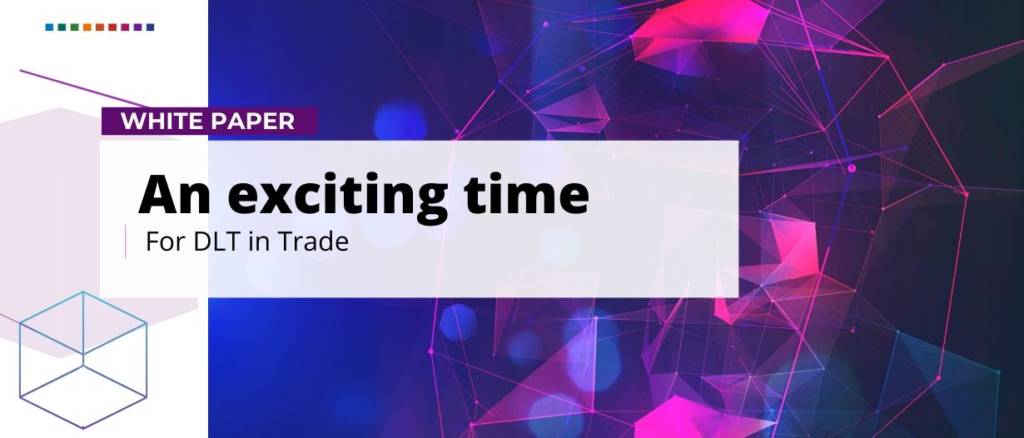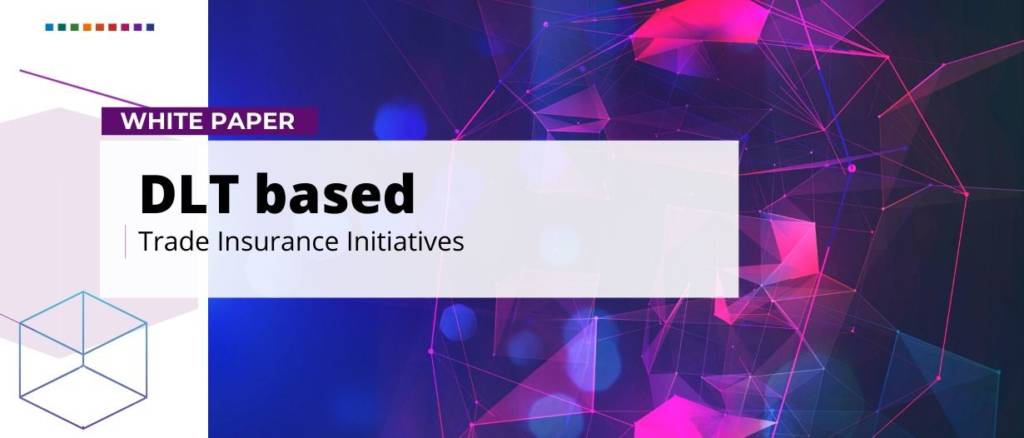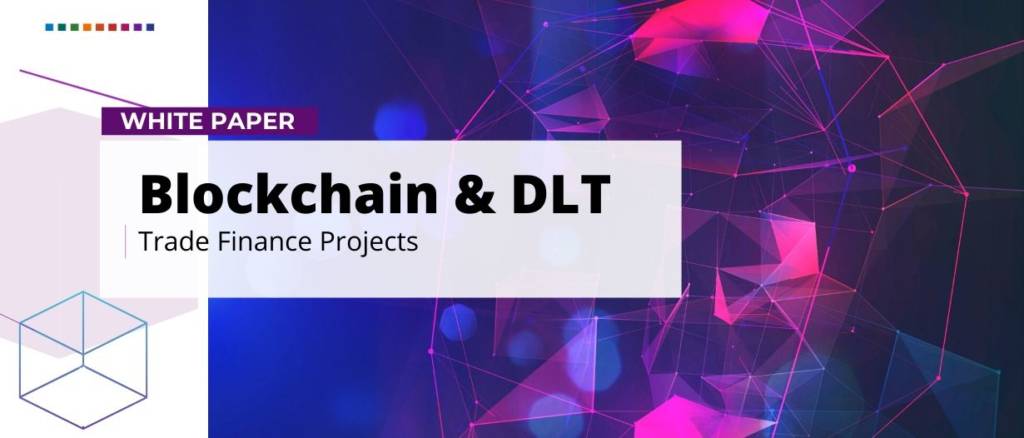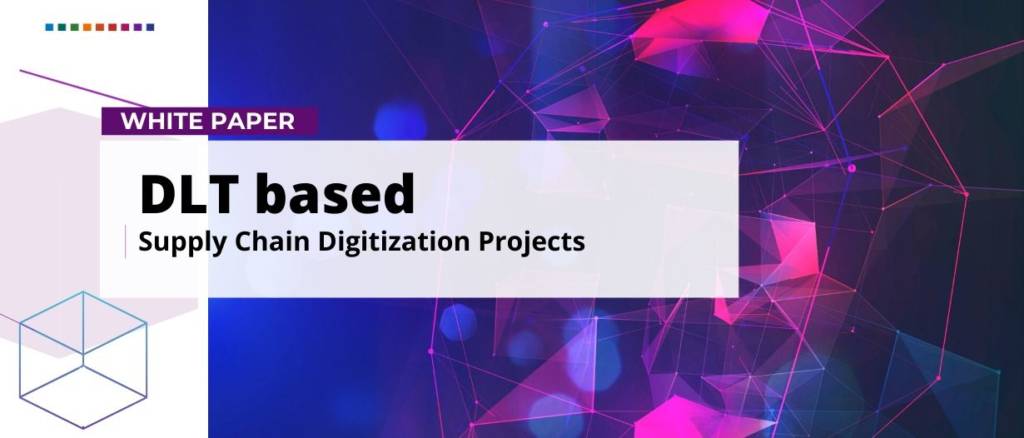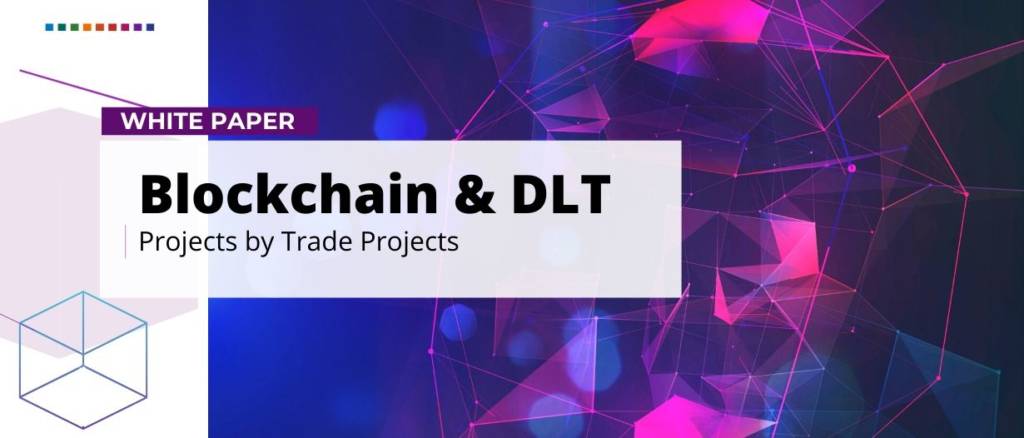To really move global trade to the next sustainable, transparent, fair, free and efficient stage that younger generations rightly expect to see, we need to find effective ways to replace age-old ways of doing business with a modern standards framework and modern technology.
12th December 2019 (London / Dublin) – Over 70 organizations, including some of the largest Fortune 500 companies and top global financial institutions participated in a trial of the Marco… read more →
The trade finance products offered on the Marco Polo platform are of interest not only to large but also to small and medium-sized companies. Berlin/Bielefeld/Vienna – The S-Servicepartner, Sparkasse Bielefeld… read more →
Trade underpins the evolution of mankind, and with trade comes trust, and with trust comes third parties. Moving forward from IOUs and promises written on clay tablets thousands of years ago, to today’s interconnected world of trade, I want to question how far the industry has really gotten to, in terms of innovation and true digitalisation.
Geneva, 2nd December 2019. Today, at the WTO’s ‘Global Trade and Blockchain Forum’, ICC, TFG and WTO released a white paper combining over 200 responses from banks, corporates, fintechs and associations in the trade sector, as well as over 20 consortia, on the broader impact that distributed ledger technology (DLT) is having on the trade industry.
Looking forward it is clear to tell that this is an exciting time for DLT in the trade industry; a time ripe with opportunities. According to the industry experts, the… read more →
When dealing with the uncertainty of the shipping industry, insurance is a must. To help simplify and digitize the insurance process for the international trade industry, some initiatives have turned… read more →
Trade finance is crucial for trading activities. According to WTO estimates, up to 80 per cent of trade is financed by some form of financing. Yet, securing trade finance can… read more →
The loose notion of a supply chain is as old as trade itself. To help modernize the concept and provide firms with greater transparency, efficiency, and traceability, several innovative projects… read more →
Letter of Credit Trade finance as a whole had been struggling to traverse the divide into the digital age until it got a boost from blockchain technology. The Letter of… read more →















